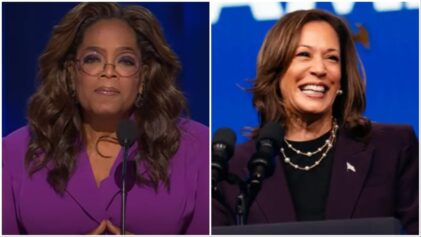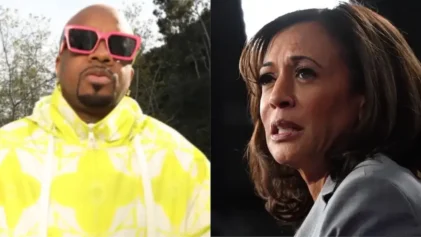Sen. Kamala Harris and former Vice President Joe Biden are the latest Democratic presidential hopefuls to release plans to federally decriminalize cannabis use and expunge prior cannabis convictions.
Senators and presidential hopefuls Cory Booker, Elizabeth Warren and Bernie Sanders have also introduced legislation aimed at decriminalizing marijuana use.
Harris, of California, introduced a reform bill Tuesday that would use tax revenue from marijuana sales to help those with prior convictions and decriminalize marijuana at the federal level.
Biden unveiled the same proposal as part of his criminal justice reform plan released Tuesday as an “end of private prisons.”
He said as part of the plan that he wants to repeal mandatory minimums at the federal level, stop all incarceration for drug use alone and “end, once and for all, the federal crack and powder cocaine disparity.”
The plan focuses more on urging states to prioritize preventative actions, drug courts and treatment programs.
As part of the plan, Biden earmarked $1 billion a year in juvenile justice reform, $20 billion for states to invest in crime prevention programs instead of prisons and $100 million for a pilot program to stop incarcerating kids in 15 to 30 states.
He also walked back past support of the death penalty, tossing out federal use of the life-ending measure, and instead urged states to sentence people to life without parole.
“Too many people are incarcerated in the US – and many don’t have resources to successfully rejoin society after serving their time,” Biden said on Twitter Tuesday. “That’s why I’m releasing my plan to reduce our prison population, create a more just society, & make our communities safer. “
Biden, the front-runner for the Democratic party’s nomination in the 2020 presidential election, has faced criticism for supporting federal crime legislation in 1994 that some say contributed to mass incarceration of Black men.
The law implemented a “three strikes” mandatory life sentence for repeat offenders, earmarked $9.7 billion in funding for prisons and expanded death penalty-eligible offenses. It also dedicated $6.1 billion to prevention programs, but much of that funding was dedicated to punitive measures instead of rehabilitative or preventative ones, the BBC reported.
Biden defended the law Wednesday as an effort to stop “a gigantic epidemic in America of violence, particularly in African-American communities.”
He said it was “overwhelmingly supported,” which included backing from a majority of members in the Congressional Black Caucus and from Black mayors, but now a shift in focus is needed that focuses on rehabilitation instead of incarceration.
“I don’t think anybody should go to jail because of a drug crime unless they’re a major seller or dealer,” Biden said.
He made the statements in response to a question about the 1994 crime law at the NAACP Presidential Candidates Forum in Detroit, and it wasn’t the first time he defended the controversial law.
When questioned at a campaign event May 14 in Nashua, New Hampshire, Biden said the 1994 law did not contribute to mass incarceration.
“Folks, let’s get something straight, 92 out of every 100 prisoners end up behind bars are in a state prison, not a federal prison,” he said. “This idea that the crime bill generated mass incarceration, it did not generate mass incarceration.”
At the recent NAACP event, however, he quickly pivoted from commenting on the crime law to his plan for reform.
“So I think we should shift the whole focus from what we’re doing in terms of incarceration to rehabilitation,” Biden said.


